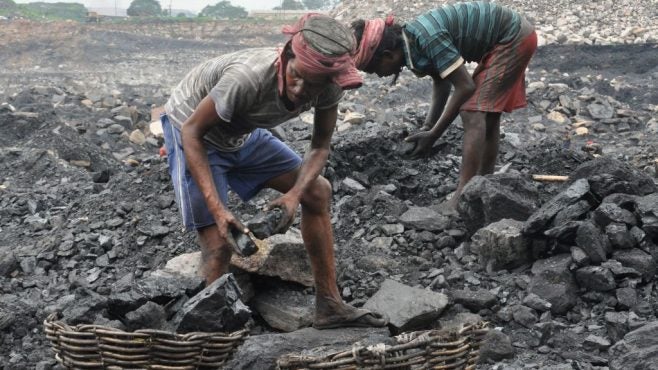Annual clean energy investment in emerging and developing economies must increase more than seven-fold, from under $150bn last year to over $1trn by 2030, to put the world on track to net zero by 2050, say the International Energy Agency, the World Bank and the World Economic Forum in a new report.

Carbon dioxide (CO2) emissions from developing economies are set to rise by five billion tonnes over the next two decades, while clean energy investments are faltering, accounting for only 20% of global clean energy investment, the report states.
Emission reductions are more cost effective in developing economies, where avoiding one tonne of CO2 emissions costs about half as much as in advanced economies; the former can often leapfrog to more efficient technologies without having to phase out polluting energy projects that are already online.
The report calls for the channelling of investment into sectors where clean technologies are market-ready, notably in renewables and energy efficiency, and the scaling up of low-carbon fuels.



